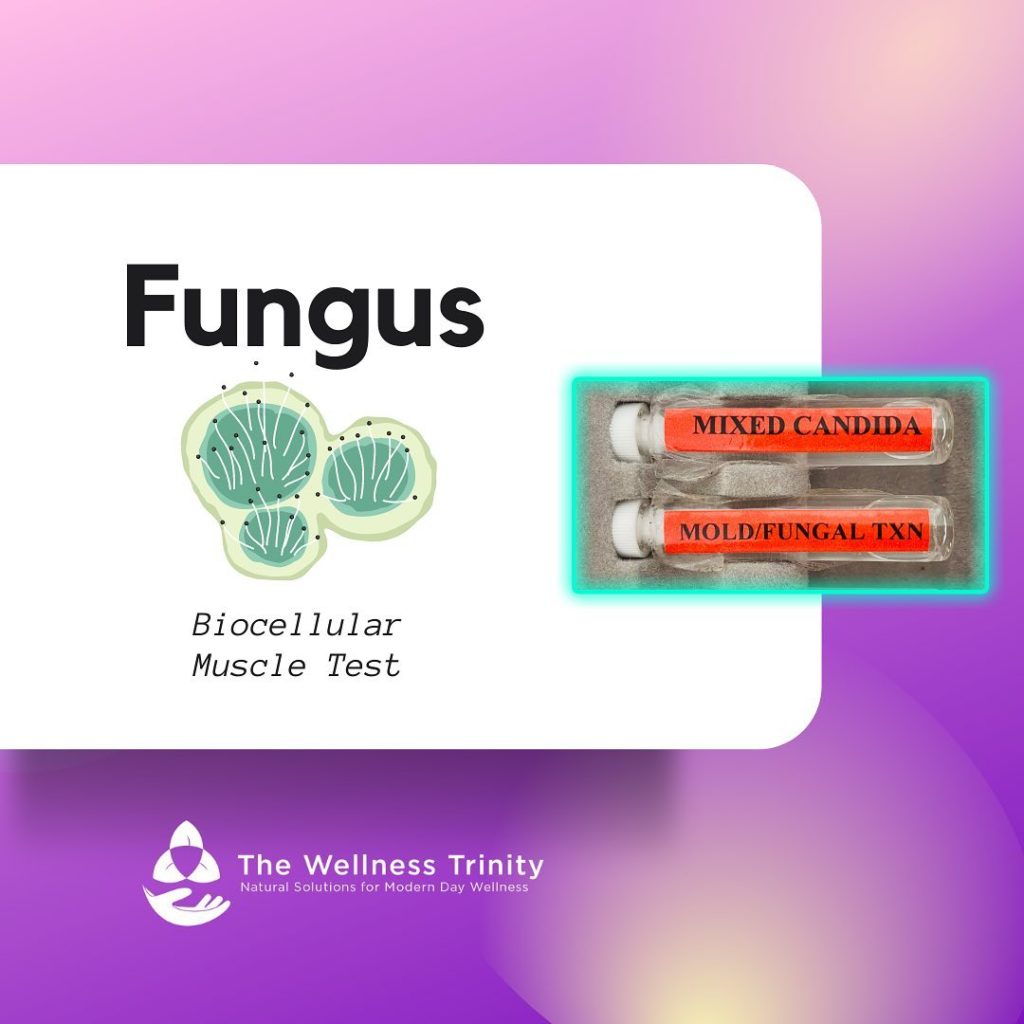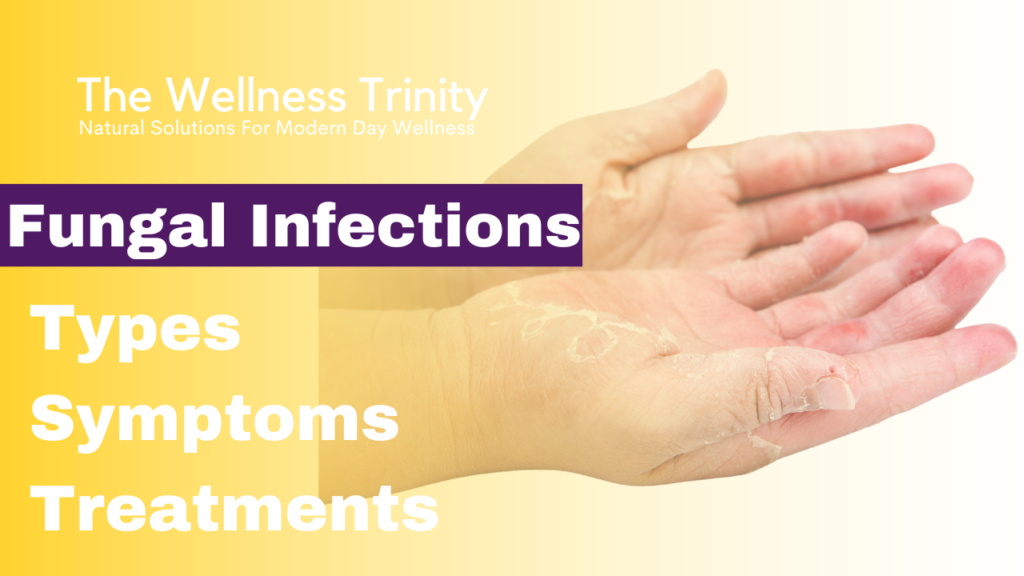Fungal infections are caused by a variety of fungi that can grow on the skin, nails, or in other parts of the body. These infections can range from mild to severe and can be difficult to treat if left untreated. In this article, we will discuss the symptoms, treatment, and types of fungal infections.
Symptoms of Fungal Infections:
The symptoms of fungal infections depend on the type of infection and the part of the body affected. Common symptoms of fungal infections include:
- Redness, itching, and/or swelling of the affected area
- Scaling or flaking of the skin
- Blistering or cracking of the skin
- Discoloration or thickening of the nails
- Pain or discomfort
If the infection is inhaled or ingested, it can cause fever, cough, or difficulty breathing.
Treatment of Fungal Infections:
The treatment of fungal infections depends on the type and severity of the infection. Mild infections can often be treated with over-the-counter antifungal creams, lotions, or powders. However, more severe infections may require prescription-strength antifungal medications. These medications can be taken orally or applied topically, depending on the type of infection.
In some cases, a combination of oral and topical medications may be required to effectively treat the infection. It’s important to follow the treatment plan recommended by your healthcare provider and to finish the full course of medication, even if symptoms improve.
Types of Fungal Infections:
There are several types of fungal infections that can affect different parts of the body. Some common types of fungal infections include:
Athlete’s foot: This is a fungal infection that affects the skin on the feet, causing itching, scaling, and redness.
Ringworm: This is a fungal infection that affects the skin, nails, or scalp. It causes circular patches of red, scaly skin that may be itchy or painful.
Candidiasis: This is a fungal infection caused by the Candida fungus. It can affect the skin, mouth, throat, genitals, or bloodstream. Symptoms depend on the site of infection but may include redness, itching, and/or discharge.
Aspergillosis: This is a fungal infection caused by the Aspergillus fungus. It can cause lung infections, allergic reactions, or invasive infections in people with weakened immune systems.
Cryptococcosis: This is a fungal infection caused by the Cryptococcus fungus. It can cause lung infections, meningitis, or bloodstream infections in people with weakened immune systems.
A fungus is any member of the group of eukaryotic organisms that includes microorganisms such as yeasts and molds, as well as the more familiar mushrooms (but remember, some mushrooms are medicinal).
Candida is a yeast-like fungal organism found in small amounts in the normal human intestinal tract so it actually naturally occurs in the body.
When it becomes pathogenic, it is overgrown. The question is, what is making it overgrow.
Herbs like oregano, in addition to probiotics can be great for getting candida under control, but in order to fully deal with a candida problem, you have to eliminate the what caused of the overgrowth in the first place which may include:
1. A diet too high in sugar
2. High alcohol consumption
3. Taking oral contraceptives
4. The parasites the candida might be living in
5. Toxins (including mercury and radioactive elements)
6. Frequency imbalances (including emotional trauma and stress, and EMF stress)
Mold is a larger problem than people tend to realize. People do not need to live in a wet environment to have a mold problem. A big source of it is in our food!
When we do the Biocellular Muscle Testing assessment, we can ask the body where the mold and/or the their mycotoxin byproducts are coming from. For one client, we narrowed it down to a moldy rug in her bedroom.
When mold is an issue, a diet low in foods that tend to have mycotoxins may be recommended for a while, in addition to various binders that have a blend of humics, fulvics, pectins and/or vitamin C.
In conclusion, fungal infections can be uncomfortable and difficult to treat, but with prompt and appropriate treatment, most infections can be successfully cured. If you suspect that you may have a fungal infection, it’s important to seek medical attention to get an accurate diagnosis and effective treatment plan. With the right care, you can get back to feeling healthy and comfortable.

Feel free to schedule your free 15 minute consultation if you are interested in learning about testing and long term solutions for fungal infections such as candida and/or mold.








